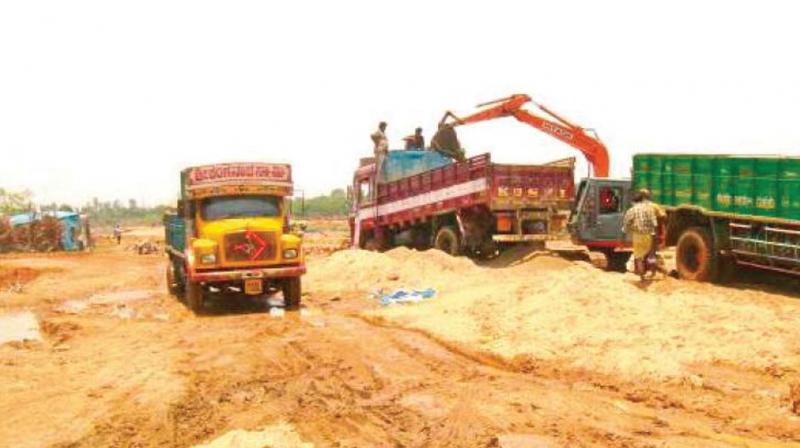Kerala to curb mining at fragile, tourism zones

THIRUVANANTHAPURAM: Mining and quarrying activities in the state seem like a free-for-all. Any person in possession of either a private land or a no-objection certificate from the Revenue Department for quarrying in 'poramboke' land can exploit the state’s fast-depleting natural resources. The state government wants such unsustainable exploitation to stop. As part of this, it has decided to identify ecologically fragile zones, patches that have become degraded as a result of excessive mining, and sites of archaeological and tourism importance. The objective is to keep these identified areas beyond the bounds of miners.
Reality is the Mining and Geology Department (DMG) does not even have a list of areas that have become sensitive as a result of excessive exploitation. The identification, a top source said, will be carried out by the Mining and Geology Department in association with local bodies.
The state has been generally apathetic towards environment protection. A report submitted by the Centre for Earth Science Studies (CESS) in 2008 had recommended that instead of allowing quarries in ecologically fragile highlands, the state government should identify a few quarry sites after proper studies where extensive mining could be carried out. The recommendation was ignored.
The CESS study had revealed that extensive quarrying was being carried out in landslide prone areas in Wayanad district. Even after the report, quarrying continued without let. The report wanted the state to dissuade operation of quarries at higher elevation, disallow more than one quarry within an area of two square kilometers, and ensure that the distance between two operational quarries is not less than one kilometre. All of this evidently fell on deaf ears.
There was policy dichotomy, too. Revenue authorities routinely issue NOC for quarrying in Government land subject to the condition that it should not affect archaeological and tourism areas. However, no such conditions are imposed in the case of private lands near tourism or sites of archaeological value. “This has happened because there are no specific provisions in Kerala Minor Minerals Concession Rules prohibiting quarrying near such sites of importance,” a top official said.
The courts, however, had occasionally intervened. In 2015, in Thrissur for instance, the High Court prohibited quarrying operations close to Muniyattukunnu, a place noted for dolmens, in Mupliyam village. Accordingly, 12 quarries were closed.

